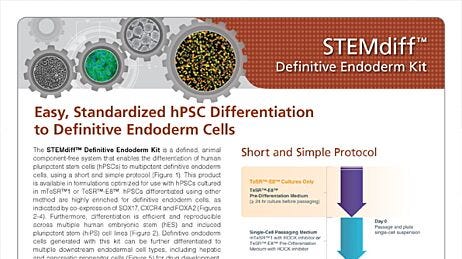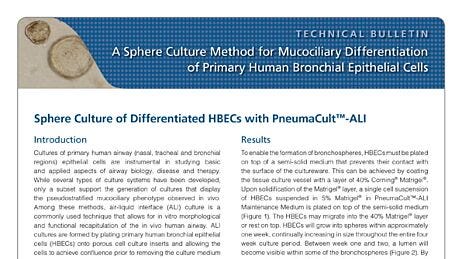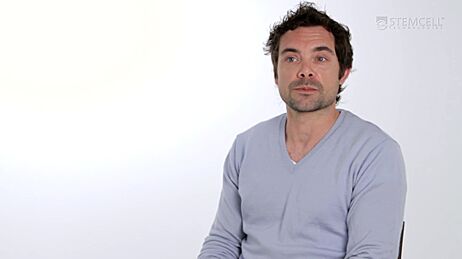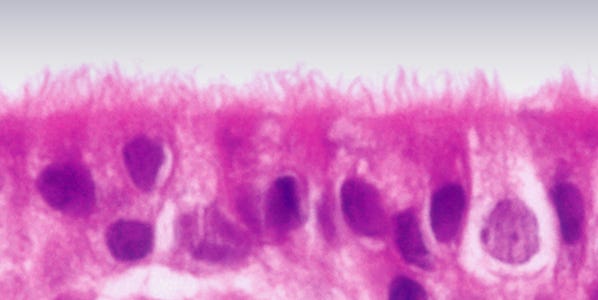
Lung Disease
Making Lung Cells from Pluripotent Stem Cells - Disease Modeling and Future Therapies
Human pluripotent stem cells (hPSCs) have the potential to provide inexhaustible sources of patient-specific cells, thus overcoming a major roadblock for many functional and pathological studies posed by the limited availability of patient-specific primary cells. Methods to differentiate hPSCs into specific cell types that exhibit functional characteristics of target adult cells hold great promise for patient-specific disease modeling, drug discovery and personalized medicine. In recent years, differentiation protocols for hPSC-derived airway epithelial cells have greatly improved the availability of cell models that enable studies of lung development and regeneration, as well as lung diseases, such as cystic fibrosis.
View this webinar presentation by Prof. Janet Rossant and Dr. Amy Wong, who discussed their research efforts to understand lung development and diseases using hPSC-derived lung epithelial cells in CF-patient specific models.
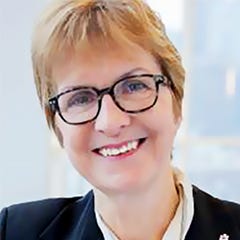
Hospital for Sick Children
University Professor
Department of Molecular Genetics, University of Toronto
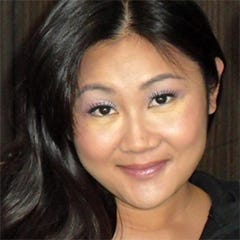
Hospital for Sick Children
- Efficient generation of definitive endoderm from hPSCs
- Driving proximal lung differentiation from definitive endoderm
- Developing high-throughput assays to assay CFTR function in cystic fibrosis versus control iPSC-derived lung epithelial cells
- Culturing lung progenitors and cystic organoids (bronchospheres) from hPSCs
- Disease modeling versus future cell replacement therapy - Where do we stand?
Hospital for Sick Children
University Professor
Department of Molecular Genetics, University of Toronto
Janet Rossant, CC, PhD, FRS, FRSC is Senior Scientist and Chief of Research Emeritus at the Hospital for Sick Children in Toronto and President and Scientific Director of the Gairdner Foundation. She is an internationally recognized developmental and stem cell biologist, exploring the origins of stem cells in the early embryo and their applications to understanding and treating human disease. She led the research institute at the Hospital for Sick Children from 2005 to 2015. She has received many honors and recognition for her work, including four honorary degrees, and election to the Royal Societies of London and Canada, and the National Academy of Sciences, USA.
Hospital for Sick Children
Dr. Amy Wong obtained her PhD at the University of Toronto studying the role of bone marrow-derived stem cells in airway regeneration. Prior to that she completed a Masters degree also at UofT in Cardiovascular sciences studying the role of extracellular matrix proteins in vascular remodeling and progenitor cell behavior. In 2009, upon completion of her PhD degree, she joined the laboratories of Drs. Janet Rossant and James Ellis as a postdoc, where she was one of the pioneers who developed a method to generate lung cells from human embryonic and induced pluripotent stem cells. This multi-lab collaborative work was published in Nature Biotechnology in 2012 and was detailed later in Nature Protocols in 2015. Now, Dr Wong is a Senior Research Associate in the lab of Dr. Janet Rossant and is interested in direct lineage conversion and using pluripotent stem cell-derived lung progenitors for 3D lung disease modeling and development.
On Janet
Who are your scientific idols?Some of my earliest scientific idols were the Canadian heroes of stem cell biology: James Till, Ernest McCulloch and Charles LeBlond.
What's the focus of your current work?
Our current work is focused on generating renewable sources of airway lung epithelial-type cells for personalized drug screening in cystic fibrosis (CF).
What influenced you to pursue research in this field?
My long term interests lie in understanding early embryo development and how pluripotency arises. This led us to working on embryonic stem cells and iPS cells, and then working at SickKids led us to thinking about how we could apply our expertise to clinical problems in children. Interaction with member of the SickKids CF Centre focused our attention on cystic fibrosis.
What influenced you to become actively involved in the ethical discussion and Canadian/international policy around human embryonic stem cell research?
Scientists need to engage more with the public and take on issues where they can help explain the scientific underpinnings of ethical issues.
What's it like being a scientist in the Hospital for Sick Children?
It's an amazing place where scientists of all sorts - PhDs, MDs and allied health professionals - mix together and engage on research with the overarching goal of improving child health.
You've recently became the first female scientist to receive the prestigious Canada Gairdner Wightman Award. Do you have any message to early-career female scientists out there?
Persevere in your research, build a strong support structure in your outside life, and don't be afraid to take on new challenges.
